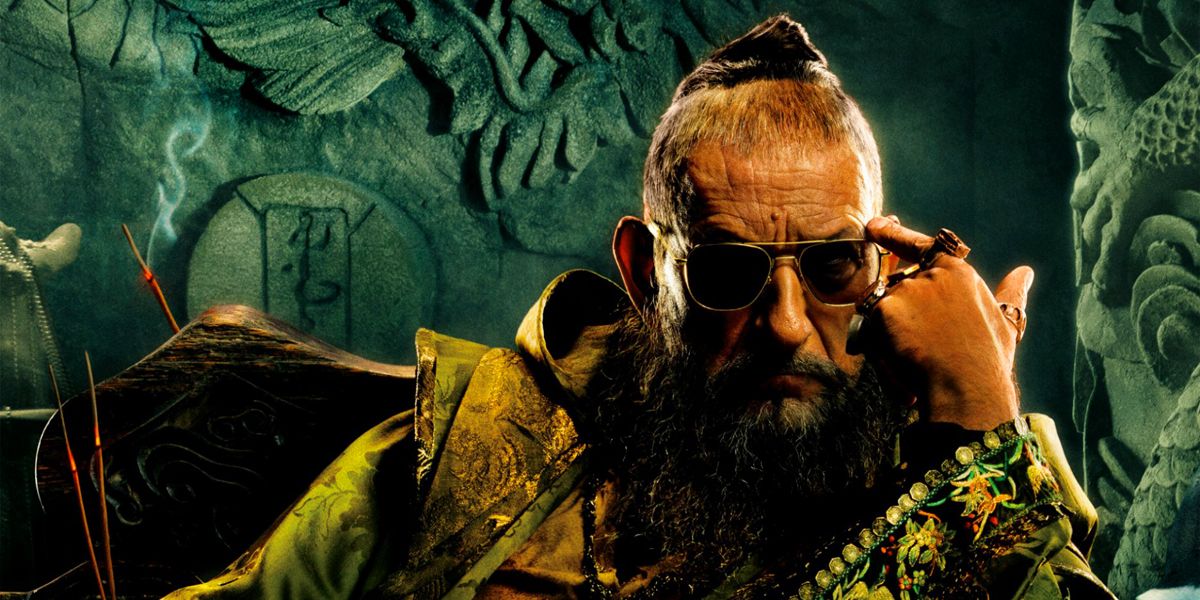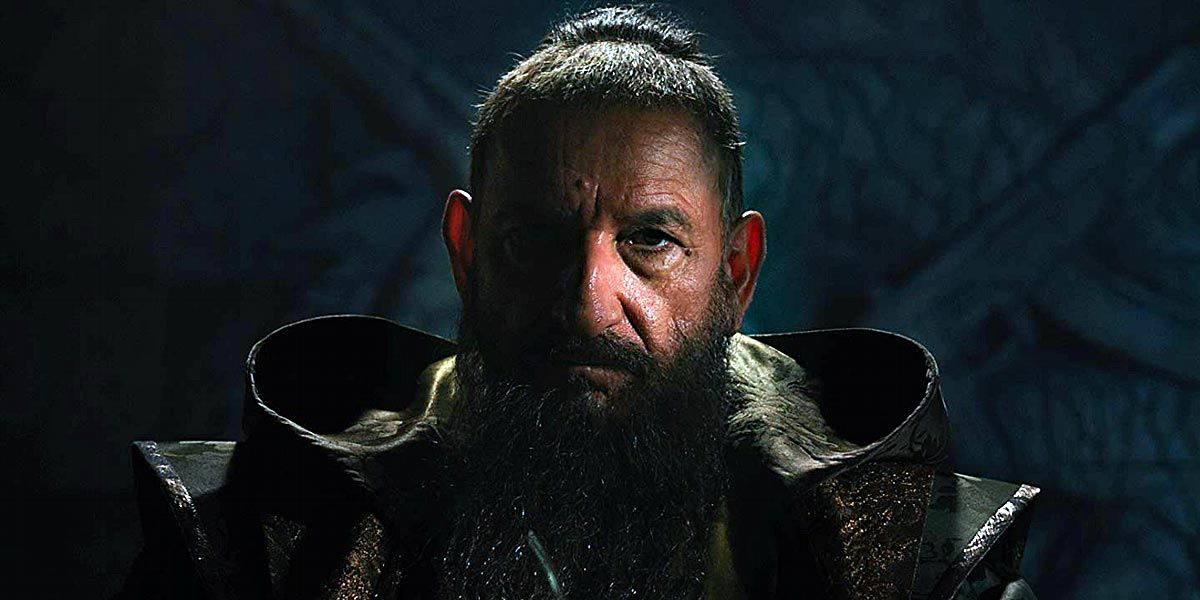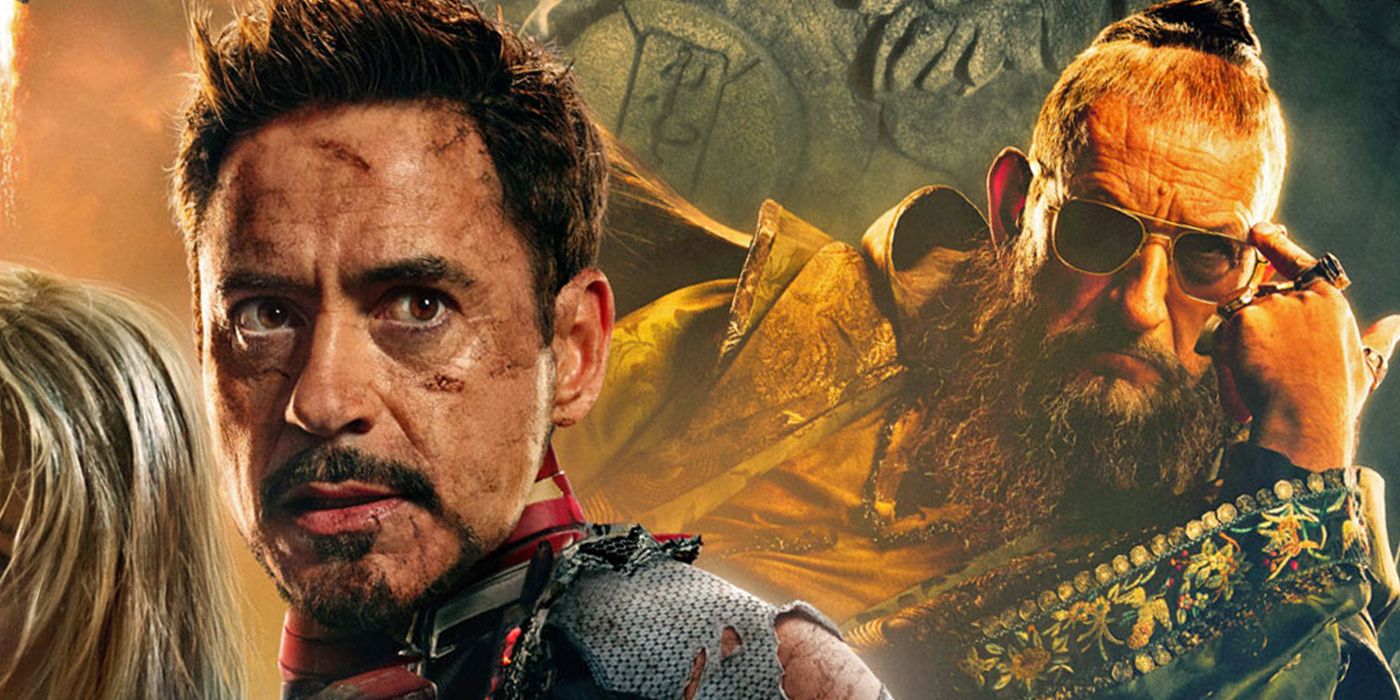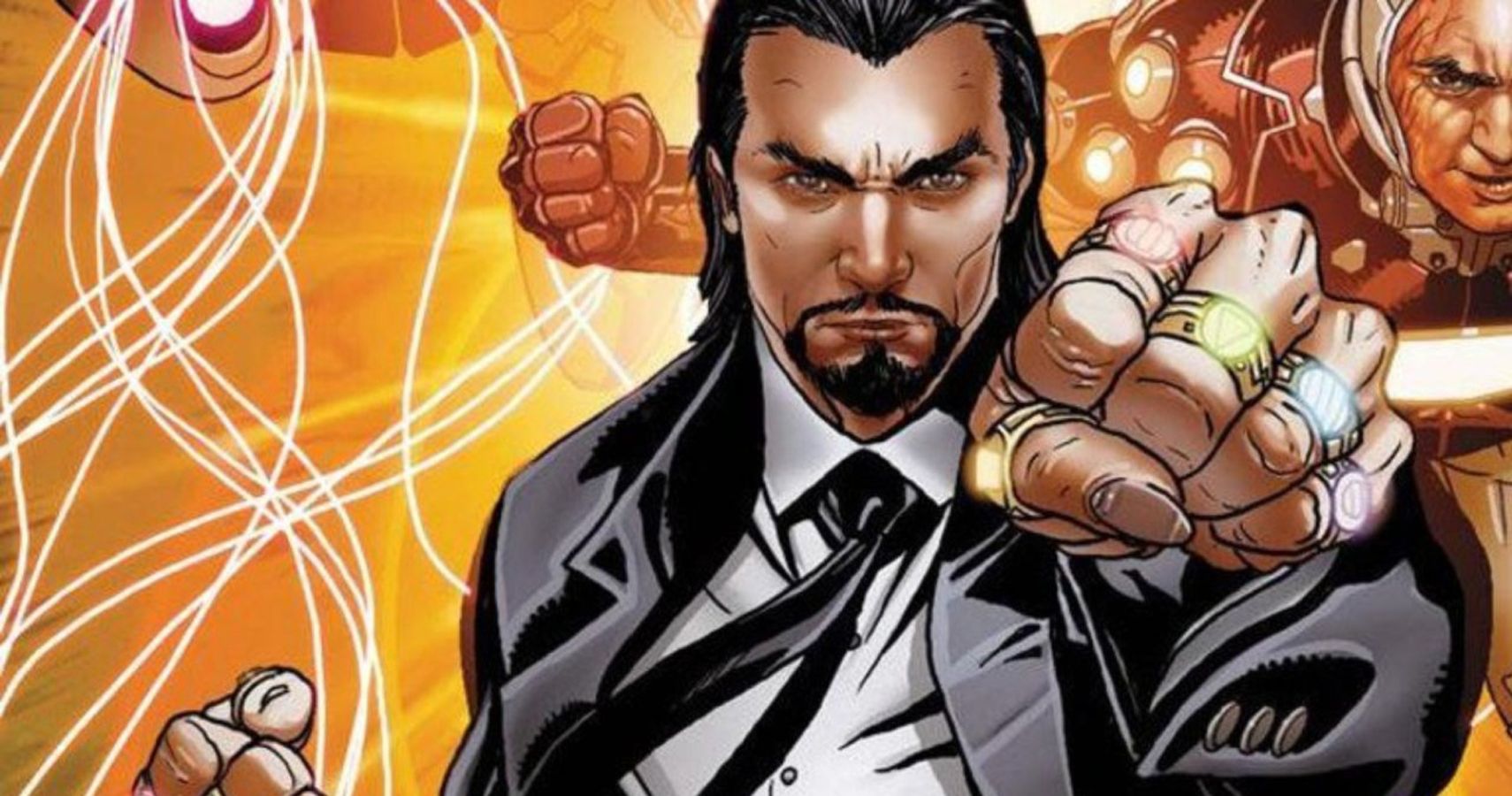Marvel's Iron Man 3 remains infamous for its Mandarin twist. The marketing for the 2013 sequel led audiences to expect the hero's classic comic book archenemy. However, it turned out the "Mandarin," as portrayed by Ben Kingsley, was merely an actor paid to play a role, and the real antagonist was Guy Pearce's Adritch Killian, the head of AIM. Some fans adored the misdirection, but others despised it.
But fans of the Mandarin are in luck: After years of teasing, the true Mandarin will debut in Shang-Chi and the Legend of the Ten Rings, as played by Tony Leung. While the Mandarin promises to be a masterful villain who ties up the saga of the Ten Rings that started in 2008's Iron Man, many fans have to ask why it took this long? Why wasn't the Mandarin in Iron Man 3?
An Ancient Mantle
In a recent interview with Collider, Iron Man 3 co-writer Drew Pearce addressed the film's twist, and the Mandarin upcoming appearance in Shang-Chi.
"The way the Mandarin always worked and -- we were clear about it in Iron Man 3 and I was double-down clear about it in 'All Hail the King' -- is it was an ancient mantle," Pearce said. "It got co-opted, and so a version of the Mandarin being real and being out there, I am so happy and excited about that."
Pearce then explained why their version of the Mandarin deviated so far from the source material. "In the context of our movie, the original, stereotyped Mandarin from the '60s was a kind of symbol of 'otherness,' created as propaganda, technically," he said. "And so we took that and turned it on its head. We were like, 'What are the symbols of propaganda in the current world?' and that dovetailed really nicely with the idea of the Mandarin: a false 'other' that can be used to blame things on."
Thematic Resonance in the Film
Many of the disconnects fans have with the Mandarin deal with the relationship between the comic character and the film. In essence, did the story being told suit the character? If not, then why did the character need to be adapted in such a drastically different way?
Pearce and director/co-writer Shane Black obviously understood what the Mandarin represents. However, in Iron Man 3, this idea of otherness is utilized to create an idea. The Mandarin is a deliberate stock character of every feared "other" in modern America, real or not. AIM and Killian simply appropriated the concept in order to capitalize on that fear. That, in turn, shows two things: Killian's indifference to cultures he couldn't use, and how intimidating a villain can be if he simply represents "the other." That said, it's also a superficial evil -- and that's the point.
Shang-Chi and Iron Man 3
The Mandarin in Iron Man 3 is a pale reflection of the "real" Mandarin, a figure of ancient and terrible power. Because of that, whatever is done in Shang-Chi and the Legend of the Ten Rings will need to stand in opposition to that propaganda villain from Iron Man 3.
But Iron Man 3 is a film about an American who just saw the ultimate unknown. The unknown and dissimilar is what Tony Stark feared most, and the Mandarin brought that otherness down to Earth. The reason that Shang-Chi needs a new Mandarin is this: The Marvel Cinematic Universe is so large now that there is no unknown "other." Now, we need to understand that which was previously unexplored.
Directed by Destin Daniel Cretton, Shang-Chi and the Legend of the Ten Rings stars Simu Liu as Shang-Chi, Tony Leung as the Mandarin and Awkwafina. The film arrives Feb. 12, 2021.




